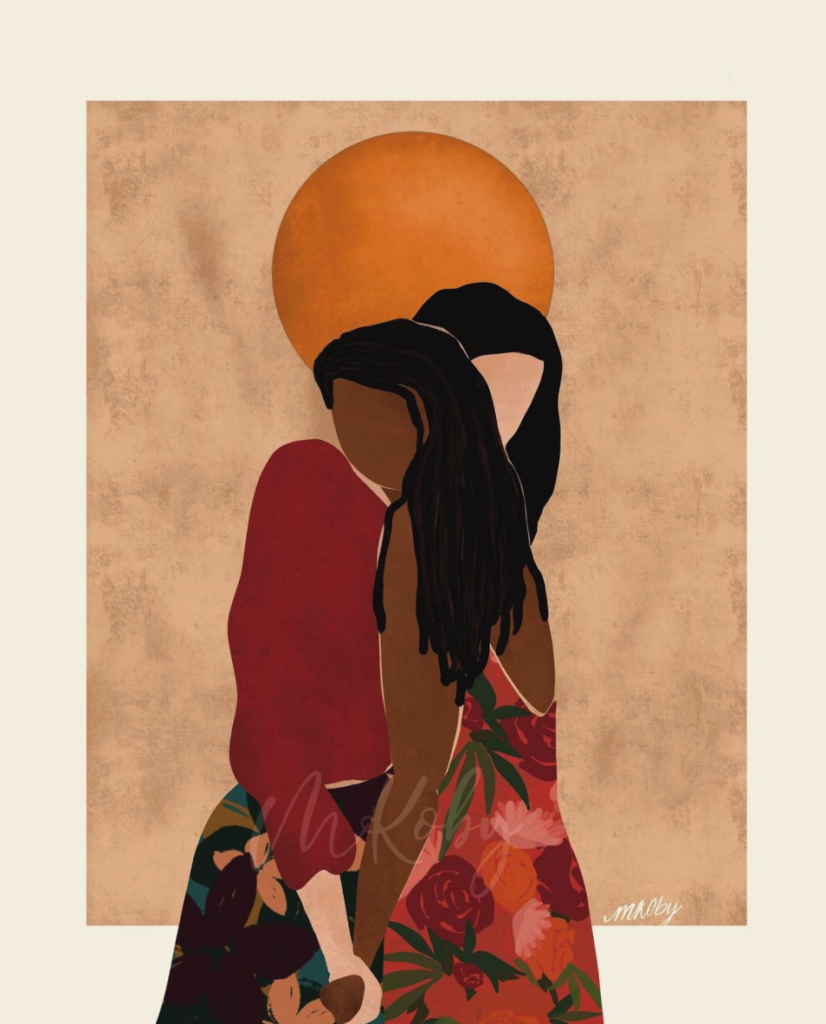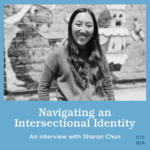Does God See Us?
Processing as an Asian American Practitioner
by Christina Foor
Grief. That is where I am sitting today as I hear the news of the murders at Atlanta spas and see another young, white, male terrorist taken into custody. I read that he was just a guy that “loved God and guns” and am numb. I anticipate the narratives to be written about those murdered by this senseless act, convincing us that they deserved this somehow. As an Asian American woman practitioner, this tragedy, along with the recent uptick in anti-Asian sentiment and racism, has left me only with grief and lingering questions.
I have long been accustomed to working on behalf of other minority communities, so this moment instills a reckoning inside me. Anti-Asian violence, sentiment, and racism has always been present but rarely spotlighted. I confess my participation in that content gap. With this evil now in full view, where do we (the AAPI community*) go with our pain? How do we protect, heal, and advocate for our community? How do I be culturally sensitive but push against the false cultural narratives instilled inside me? How do we advocate for our Asian migrant brothers and sisters, mothers and fathers, who tried for so long not to rock the boat, but are now targeted for senseless crimes, harassment, racism? What does advocacy for those of us who are 2nd Gen look like and how do we honor our communities in it?
When an act of racism, hate or a microaggression is targeted at one of us in the API*/AAPI community, it is targeted at all of us. For some AAPIs, it is odd we feel this sense of obligation to one another because of how vast and diverse the API/AAPI community is. (Here is a good article that delves deeper into the term Asian American). For others, we are not sure how we fit – and now is a good time for us to process that AND show up for our community in ways we show up for others. Yet, our liberation must not just come from within our community but also from outside of it. We need non-AAPIs to listen, learn, engage, and act.
I am inclined to action, and believe that God calls me to act as well. Still, my questions and our community’s questions linger. So today, I start here. I am taking solace in the story of Hagar. A woman who, as a foreigner and slave, often went overlooked. A woman who bore the consequences on her own body by people who wanted to take control of their own destiny. A woman who was mistreated and perceived as a threat – causing her to flee from the life she knew to protect the baby (her family) growing inside of her (Gen 16:1-6).
In her fear, in her uncertainty, in her pregnancy, Hagar was met by the Living God. God saw Hagar – a foreigner, a slave, a woman – in a way no one else did, in a time where no one else cared. In this place, Hagar was able to say, “You are the God who sees me,” … “I have now seen the One who sees me.”
We must do the work to dismantle white supremacy and the systems that force Asian Americans into silence, fear, and targeted racism. This is not a one-time, one year “rise in anti-Asian racism”. The history of Asian Americans in the U.S. tells us otherwise. We must take action, as Dr. del Rosario so beautifully illustrates here. Still, we must “do the work before the work” (coined by author Parker Palmer), knowing and believing that it is ok to feel grief, to acknowledge the pain, to mourn for our elders, to express the need to be seen even when we do not always have language for it yet. We need to know that in this place of vulnerability, in the pain of our community – God sees us. We need to see the God who has been and will be present to us, now, in this space. Then, we can believe the narrative that “I have now seen the One who sees me”, to fight this really hard fight for ourselves and our community.
Scripture tells me that God sees us in our grief. Do I believe this? As I move forward and invite God into this reckoning, I hope to one day say, like Hagar, “I have now seen the One who sees me.” Let us journey toward this together.
*API = Asian Pacific Islander
AAPI = Asian American Pacific Islander
Learn more about loving the AAPI community through our resources here.






